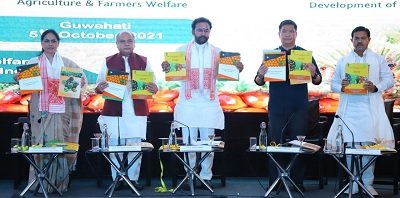Thailand’s agri machinery market expected to cross $1.9 B by 2025
The combined harvester market is expected to register a CAGR of 6.6 per cent between 2019 and 2025
Thailand’s Agricultural Machinery Market is expected to cross $1.9 billion by 2025 owing to a surge in demand among farmers and rising financial support.
The report by Ken Research also covers the market share, competitive landscape, and business model of hire purchase and lease, along with the strength and weaknesses of major players. In addition to this, the report also covers the country overview, government regulation, and agricultural overview of Thailand. Land under cultivation, changes in cropping patterns, farm holding structure, and scale of mechanisation are covered in the agricultural overview.
The agricultural tractor market in Thailand is expected to register a CAGR of 3.2 per cent between 2019 and 2025. The two-wheel and four-wheel tractor markets are expected to contribute 23 per cent and 77 per cent respectively by the end of 2025.
Thailand Combine Harvester Market is expected to register a CAGR of 6.6 per cent between 2019 and 2025. Combine harvesters with power above 150 HP is expected to contribute more than 40 per cent. Followed by combined harvesters powered 75-105 Hp and 70Hp and below.
The sale of rice transplanters in Thailand is expected to decline in future as farmers have been focusing more on purchasing a used rice transplanter or renting a rice transplanter as it has seasonal usage and can be only used to plant rice.
The combined harvester market is expected to














